Congratulations to our 2023 Community and Collaboration Core Pilot Grant Recipients
We are pleased to announce the 2023 recipients of the Community and Collaboration Core (CCC) Pilot Grants. These grants, provided by the Community and Collaboration Core (CCC), are designed to build and support community engaged research (CEnR) partnerships through relationship-building activities, exploring research interests, and developing infrastructure and governance for research partnerships.
Real-Time Assessments of Suicidality among Black Men: A Mixed Methods ApproachLeslie Adams, PhD, MPH, Johns Hopkins University Bloomberg School of Public Health, Academic Principal Investigator Rates of suicide death among Black youth have dramatically increased, particularly among adolescent Black males. This team aims to coordinate community-engaged approaches in support of suicide prevention efforts with co-leadership from Johns Hopkins University Bloomberg School of Public Health, the Black Mental Wellness Lounge, and Roberta’s House LLC. This project will use various CEnR approaches, including concept mapping, to reach two specific aims: 1) Foster and sustain the community-research partnerships needed to achieve suicide prevention among young Black males. 2) Develop a participatory needs assessment to identify suicide prevention resources available in Baltimore County, Maryland. |
CONNECT: “Developing a learning COmmunity to increase eNgagemeNt and Enrollment in cardiovascular Clinical Trials.”Hailey Miller, PhD, RN, Johns Hopkins University School of Nursing & Institute for Clinical and Translational Research, Academic Principal Investigator African American and Latinx adults experience a high burden of cardiovascular disease (CVD) risk factors, including hypertension, obesity, and type 2 diabetes. Additionally, CVD is a leading cause of death among women, African American, and Latinx adults. However, these demographics are historically underrepresented in CVD clinical trials. Since clinical trials are the gold standard for establishing safety and efficacy for novel medicines and therapy, the lack of representation presents a gap in providing proper care. This phase of the CONNECT study has three specific aims: 2) Conduct listening sessions with the Community Research Council to identify opportunities and challenges to support women, African American, and Latinx adults to prevent, manage, and treat CVD and to participate in CVD clinical trials. 3) Partner with the Community Research Council to develop and disseminate CONNECT messages and materials for women, African American, and Latinx adults with CVD or a CVD risk factor. |
Family Well-being Initiatives at Community Schools Inclusive of Immigrant Families: Strength Through PartnershipKiara Alvarez, PhD, EdM, Johns Hopkins University Bloomberg School of Public Health, Academic Principal Investigator The rapid growth of the Latinx immigrant community in Baltimore has necessitated the development of multi-faceted support for families. Thus far, the Southeast Community Development Corporation (Southeast CDC) has been critical in providing that support to low-income and immigrant families throughout Southeast Baltimore communities, including through the establishment of five community schools. The group has the following specific aims: 2) To build capacity for youth and parent engagement in program development and community-engaged research. 3) To develop community/academic partnership infrastructure and capacity to conduct community-engaged implementation research and program evaluation on evidence-based practices for community schools. |
A Community-Based Tailored Exercise Program for Low-Income Individuals Living with Multiple Chronic ConditionsNada Lukkahatai, PHD, MSN, RN, Johns Hopkins University School of Nursing, Academic Principal Investigator Multiple chronic conditions continue to be a major health concern among Baltimore City residents, particularly in ethnic minority, low-income communities. The disproportionate burden of chronic health challenges associated with low socioeconomic status and unhealthy behaviors, including physical inactivity, were only amplified by the pandemic. The goal of this project is to establish an academic-community partnership between the Johns Hopkins University School of Nursing, a well-established community wellness center, Divine Fitness, Inc., to address the needs by developing a community-informed, culturally-specific program for ethnic minorities and low-income communities in Maryland. The specific aims are to co-create a tailored community-based exercise program that is suitable for low-income individuals living with multiple chronic conditions with Divine Fitness, Inc. and examine the feasibility and acceptability of the adjusted program. Guided by the CEnR framework, this project will be a 2-phase intervention study. Specific objectives of this proposal are: 1) Discussion between multidisciplinary experts and community partners to develop an evidence-based exercise program for adults with low incomes and multiple chronic conditions. 2) Host a preliminary 4-week program of six participants and collect feedback. 3) Implementation of a refined 12-week program and collection of quantitative and qualitative data and feedback. |


